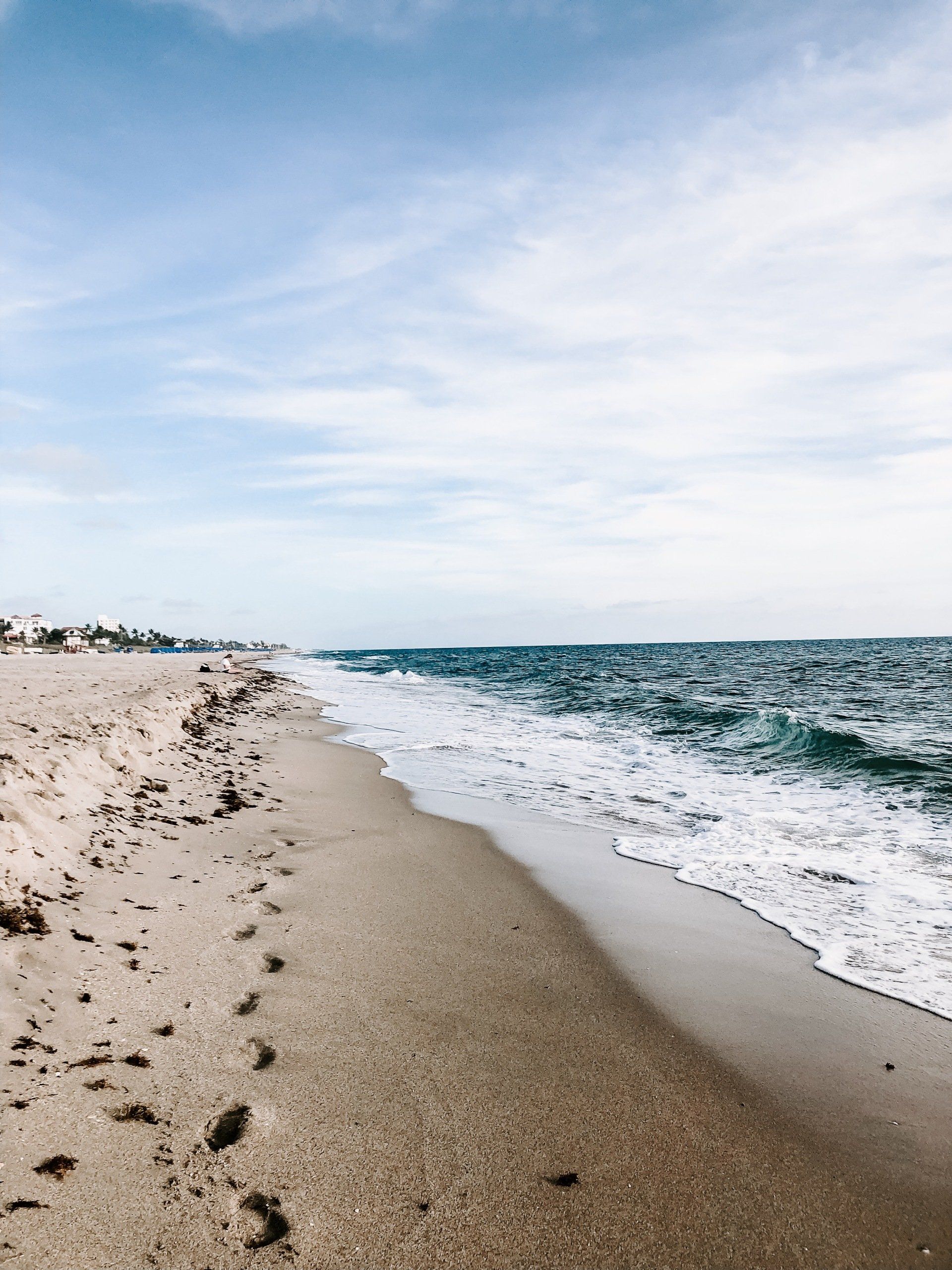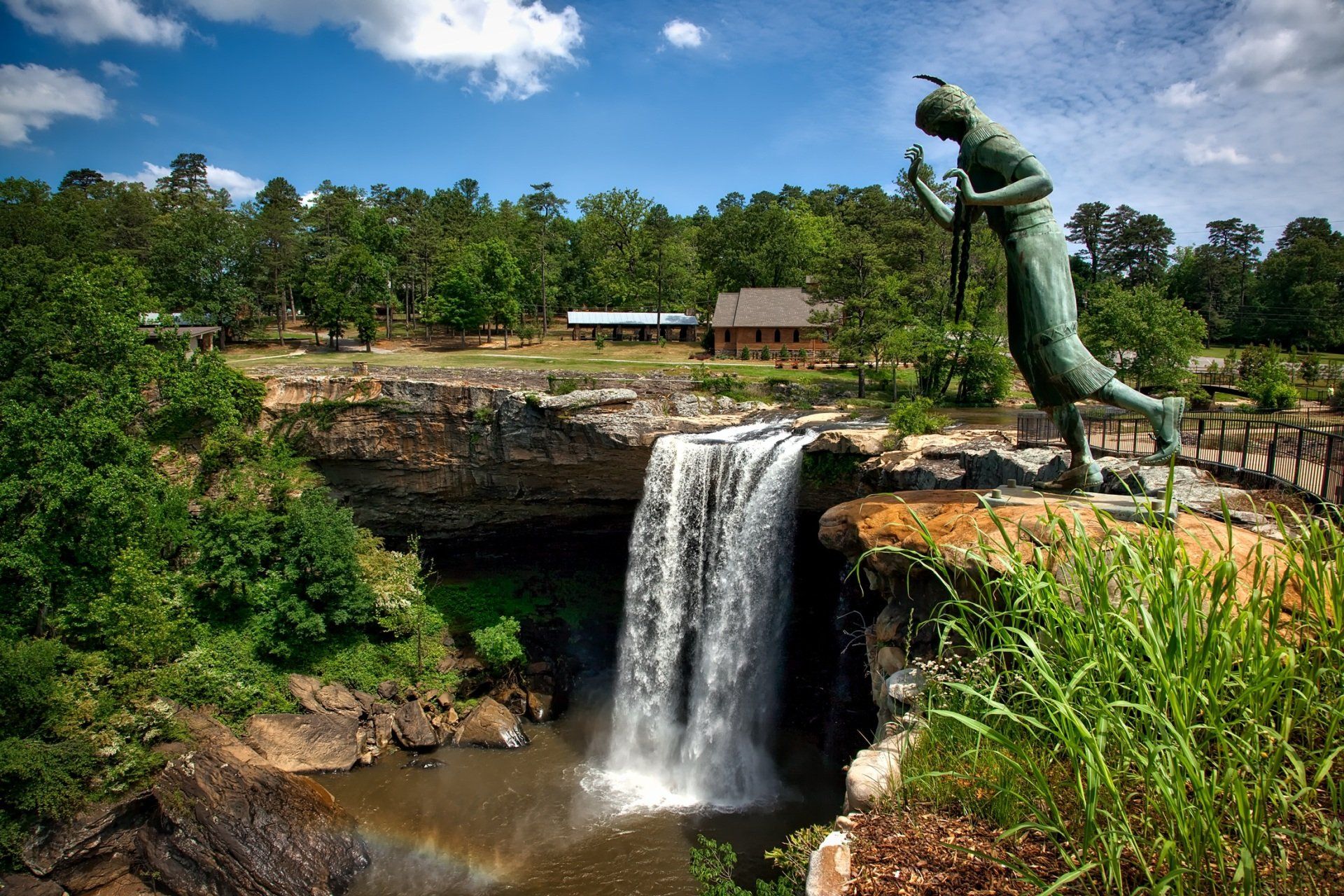Department of Interior
Federal Resources
Department of Interior Resources
All Resources

06 Jun, 2023
MIAMI — Secretary of the Interior Deb Haaland and Assistant Secretary for Fish and Wildlife and Parks Shannon Estenoz wrapped up a multi-day visit to South Florida today. Their tour highlighted the Interior Department’s commitment to the collaborative protection and restoration of the Everglades. President Biden’s Bipartisan Infrastructure Law delivers the largest single investment in the Everglades in U.S. history. Together with the Inflation Reduction Act, these are once-in-a-generation resources for the conservation and stewardship of America’s public lands and waters and to tackle the climate crisis. In the past two years, the Biden-Harris administration has allocated a record $2 billion for Everglades restoration through both the Bipartisan Infrastructure Law and historic presidential budget requests. These cross-agency investments include resources for wildlife crossings, fish passage, ecosystem restoration, clean water and natural resilience. Everglades restoration is a model of collaborative conservation consistent with President Biden’s America the Beautiful initiative, a challenge to pursue a locally led and voluntary, nationwide effort to conserve, connect, and restore the lands, waters, and wildlife upon which we all depend.

25 Mar, 2023
BIRMINGHAM (March 24, 2023) – Assistant Secretary for Fish and Wildlife and Parks Shannon Estenoz visited Alabama this week to highlight President Biden’s Bipartisan Infrastructure Law and celebrate new investments that help tell a more complete story of America. Assistant Secretary Estenoz visited Historic Tabernacle Baptist Church in Selma, Alabama to celebrate a $750,000 investment through the National Park Service’s (NPS) History of Equal Rights grant program. The funding is part of a nearly $4.5 million investment the NPS is making this year for projects across the nation to preserve sites directly associated with the struggle to gain equal rights for all, as part of the Biden-Harris administration’s ongoing work to advance equity and social justice. She also toured Selma University to see how a recent $500,000 investment from the National Park Service’s Historic Preservation Fund for Historically Black Colleges & Universities is helping preserve Dinkins Hall. Assistant Secretary Estenoz also toured the Cahaba River National Wildlife Refuge to view a mine reclamation project partially funded by the Bipartisan Infrastructure Law. Alabama has received over $20 million this year for abandoned mine land reclamation projects . Enhancing communities’ quality of life by improving outdoor spaces and addressing legacy pollution is one of the Department’s restoration and resilience goals unveiled in a recent framework , which will help guide a $2 billion downpayment from the Bipartisan Infrastructure Law and Inflation Reduction Act to restore our nations lands and waters. Assistant Secretary Estenoz also traveled to Springville, Alabama to highlight a $1.1 million investment from the Bipartisan Infrastructure Law that will replace inadequately designed road crossings with more effective culverts or bridges to improve critical habitat for the trispot darter. The Department is investing an overall $200 million from the Bipartisan Infrastructure Law into the National Fish Passage Program over five years to bolster efforts to address outdated, unsafe or obsolete dams, culverts, levees and other barriers fragmenting our nation’s river and streams, which will help restore fish passages and aquatic connectivity while addressing public safety and enhancing recreation. These investments come as the Endangered Species Act (ESA) turns 50 years old in 2023. Throughout the year, the Department of the Interior is celebrating the ESA's importance in preventing imperiled species' extinction, promoting the recovery of wildlife and conserving the habitats upon which they depend. Assistant Secretary Estenoz also visited the A.G. Gaston Motel and Birmingham Civil Rights National Monument. Established in 2017, the National Monument preserves and interprets the events, stories, and places associated with the nonviolent struggle against racial segregation in Birmingham, Alabama, during the mid-20th century. The National Park Service has funded nearly $4.7 million to the monument’s sites through the Service’s African American Civil Rights Grant Program for Preservation and Rehabilitation. ###


